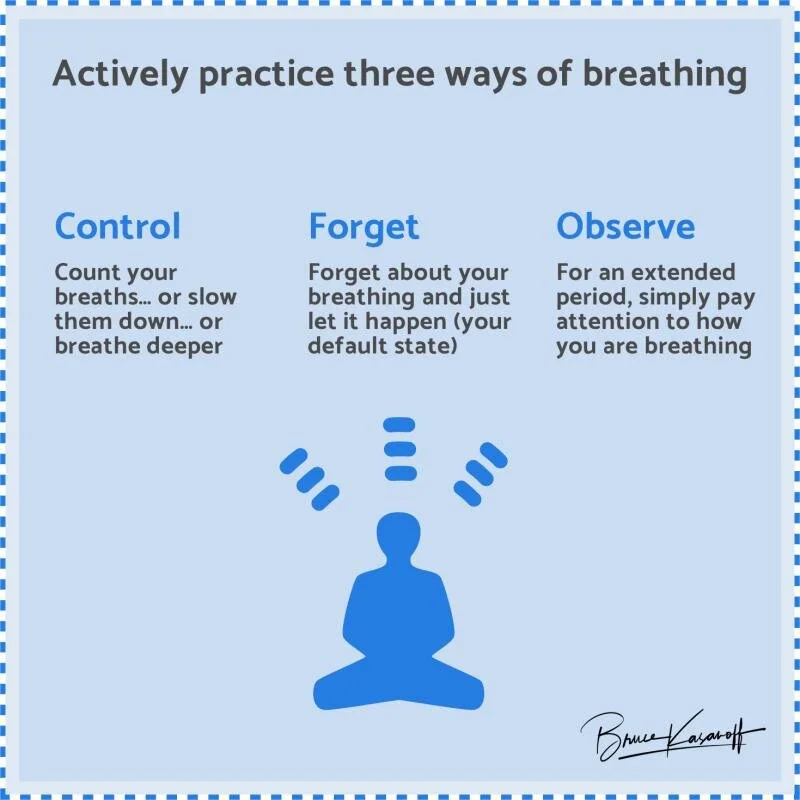Introduction
Be Generous
Help This Person
Introduce Others
Serve, Don’t Sell
When It’s Hard, Do More
Give Away Good Ideas
Promote Others Online
Kindness First
Be Expert
Use Social Media in a Genuine Manner
Do What You Do Best
Start Small
The Basics Matter
Prove It
Specialize
Be Trustworthy
Don’t Always Trust Your Judgment
Tell the Whole Truth
Be Perfect
Be There in Tough Times
Use Levels of Substance
Respect the Authenticity Condition
Be Clear
Have ONE Point
Minimize the Trivial
Use a Lot More Pictures
Follow The Theory of Seven
Get Feedback, and Use It
Ask for 3 Criticisms
Be Open-Minded
Travel in New Circles
Attack Your Blind Spots
Make Bold Proposals
Point/Counterpoint
Admit It, You’re in Show Business
Be Adaptable
Change the Cover
Rewrite, Rewrite, Rewrite
Use Fear to Your Advantage
Partner
Think (a Bit) Like an Academic
Keep Learning
Be Persistent
Don’t Take No Answer as a No
Exceed Promises
Ask for Referrals
Take Credit
Exhibit Grit
Be Present
Really Listen
Talk Less
Change Your Perspective
Be Ultra-Quiet
Breathe
Get in Front of People
More information
Credits
About the Author
Social media ghostwriting
Breathe
As you change, your breathing changes. When you are frustrated or joyful or curious or active… the rate and depth of your respiration changes. In many cases, your breathing shifts and it takes a very long time for you to notice… this can lead to stress, poor health, clouded thinking and bad decisions.
Every relaxation, calming or meditation technique relies on breathing, which may be the lowest common denominator in all the approaches to calming the body and mind. — Scientific American, Proper Breathing Brings Better Health
To simplify things a bit, the slower and more regular your breathing, the greater your mental clarity.
There has never been a better time for you to pay attention to your breathing; it will keep you healthier and calmer. In the simplest terms, there are three approaches:
1. Periodically take conscious control of your breathing: you can count the duration of your breaths, to judge whether you are calm or anxious (longer is better). You can breath in a set pattern. You can merely slow your breathing down.
2. Most of the time, you'll be in default mode, which is breathing without thinking about it. But spend less time in this mode than you normally do.
3. Another powerful option is to simply observe your breathing. Don't change or influence it. Just watch it. The longer you do this, the more you'll learn. I know this sounds crazy to Type A people, but it can be a profound way to slow down and release anxiety.
Inspiration
“Feelings come and go like clouds in a windy sky. Conscious breathing is my anchor.”
― Thich Nhat Hanh
“I wonder if Beethoven held his breath… the first time his fingers touched the keys… the same way a soldier holds his breath… the first time his finger clicks the trigger. We all have different reasons for forgetting to breathe.”
― Andrea Gibson
“When I breathe in, I am breathing in the laughter, tears, victories, passions, thoughts, memories, existence, joys, moments, and the hues of the sunlight on many tones of skin; I am breathing in the same air that was exhaled by many before me. The air that bore them life. And so how can I ever say that I am alone?”
― C. JoyBell C.
“Breathing is a rhythmic activity. Normally a person at rest makes approximately 16 to 17 respiratory incursions a minute. The rate is higher in infants and in states of excitation. It is lower in sleep and in depressed persons. The depth of the respiratory wave is another factor which varies with emotional states. Breathing becomes shallow when we are frightened or anxious. It deepens with relaxation, pleasure and sleep. But above all, it is the quality of the respiratory movements that determines whether breathing is pleasurable or not.”
― Alexander Lowen, The Voice of the Body
“With every breath, the old moment is lost; a new moment arrives. We exhale and we let go of the old moment. It is lost to us. In doing so, we let go of the person we used to be. We inhale and breathe in the moment that is becoming. In doing so, we welcome the person we are becoming. We repeat the process. This is meditation. This is renewal. This is life.”
― Lama Surya Das, Letting Go Of The Person You Used To Be
“You can alter your emotions by changing your breathing patterns. Yoga breathing can release the untold stories inside you.”
― Amit Ray, Beautify your Breath - Beautify your Life
“If you feel anxiety or depression, you are not in the present. You are either anxiously projecting the future or depressed and stuck in the past. The only thing you have any control over is the present moment; simple breathing exercises can make us calm and present instantly.”
― Tobe Hanson, The Four Seasons Way of Life:: Ancient Wisdom for Healing and Personal Growth
“As you begin befriending your breath, you see immediately that unawareness is everywhere.”
― Jon Kabat-Zinn, Wherever You Go, There You Are: Mindfulness Meditation in Everyday Life
“Your breath is your power. Whether you realize it or not, you derive all your personal power from your breath.”
― Catherine Carrigan, The Little Book of Breathwork

